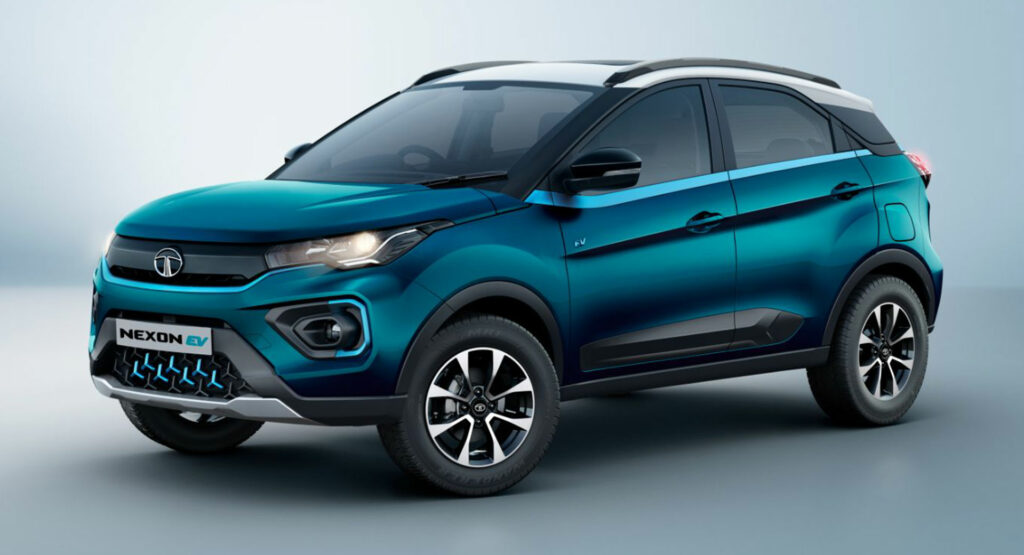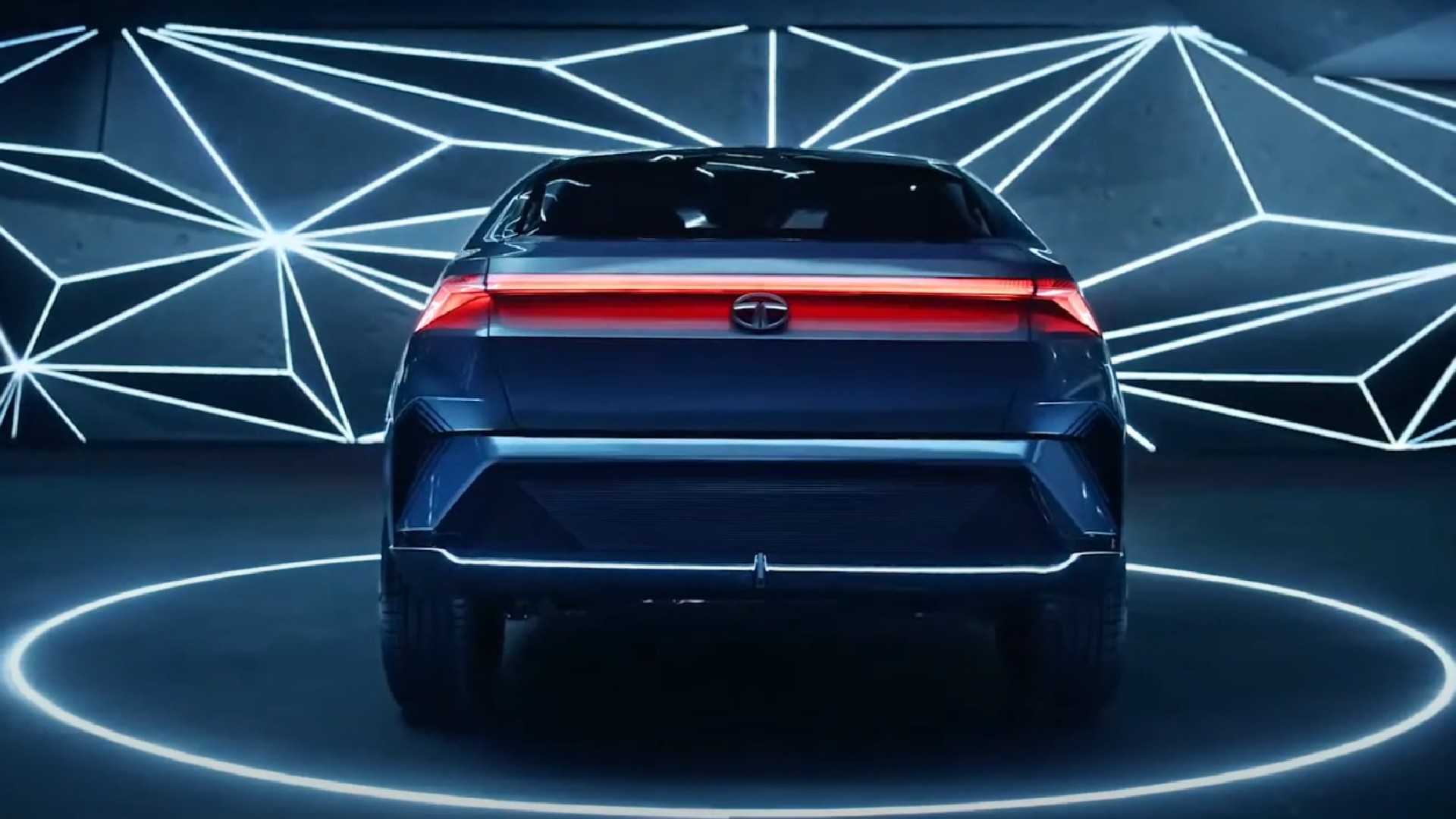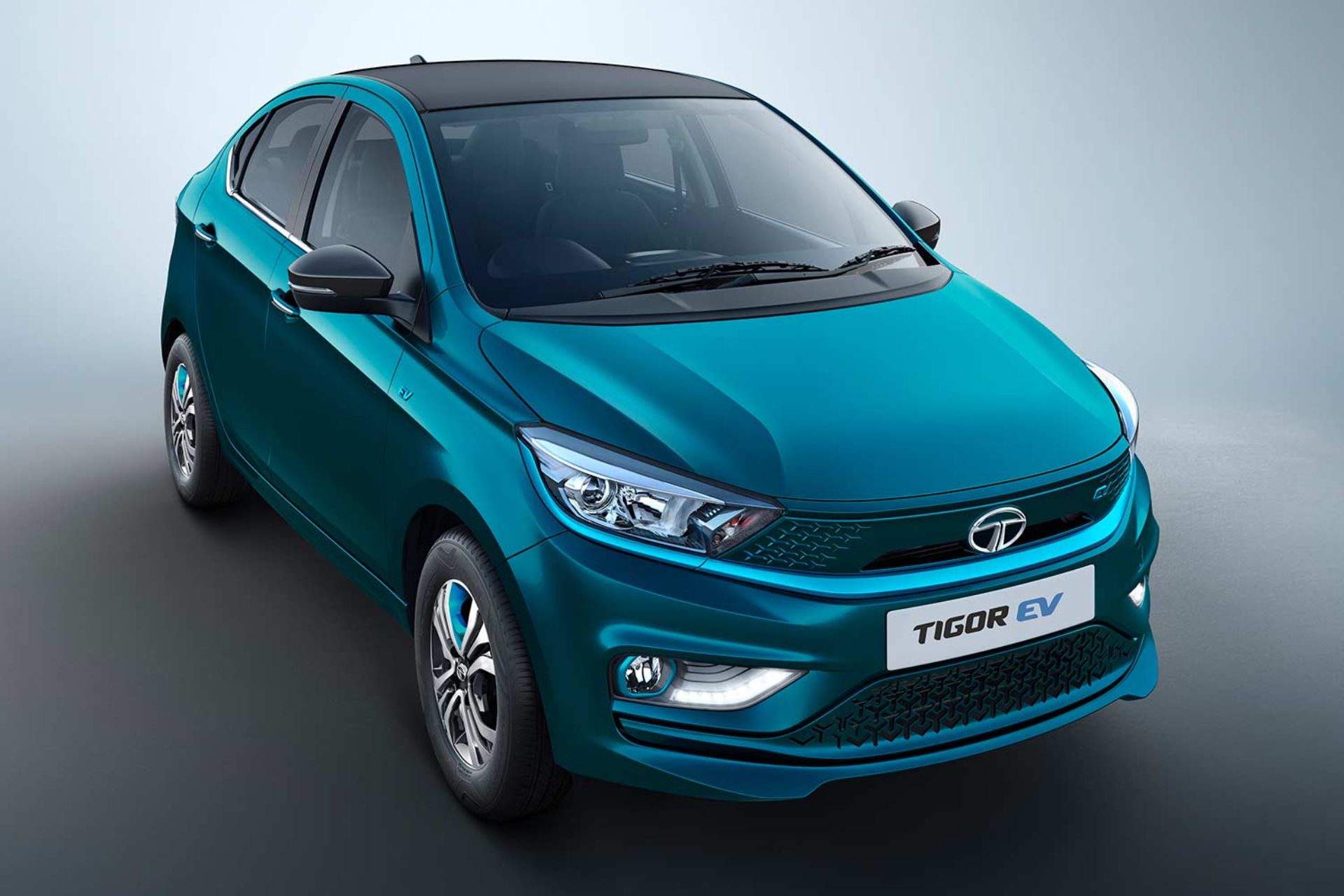Tata Motors plans to sell as many as 50,000 electric vehicles in the fiscal year to March 31, and that could be just the start.
According to Reuters, while speaking during a recent shareholders’ meeting earlier this month, Tata chairman N. Chandrasekaran said that the automaker’s performance should improve in the coming fiscal year as global supply shortages begin to ease. He confirmed that Tata sold 19,105 electric vehicles in 2021/2022, representing a significant 353 per cent increase from the previous fiscal year.
“We continue to work closely with our customers and ecosystem partners to mitigate risks and manage uncertainties,” Chandrasekaran said. “Accordingly, we expect performance to progressively improve through the year with the second half of FY23 being notably better than the first half.”
Read Also: Tata Curvv Concept Previews A New Fully Electric Coupe-SUV
While Tata may not be viewed as a leader in the electric vehicle space, it confirmed in September last year that it would push for EVs to account for 25 per cent of its total sales in India by 2026. The carmaker hopes to achieve this by the decreasing cost of EVs and the increased cost involved in making ICE-powered vehicles comply with ever-strict emissions regulations. As part of its plan, Tata will launched eight new EV models by 2025.
Tata is also venturing into the worlds of semiconductor and EV battery manufacturing. In May, Chandrasekaran said it would look to bring production of these vital elements in-house to reduce its reliance on imports from other countries.
Tata’s first-ever ground-up EV will launch in 2025. This vehicle was previewed by the Avinya concept a few months ago and borrows design elements from SUVs, minivans, and premium hatchbacks. Details about the eventual production model remain limited but it will apparently use the brand’s Gen 3 platform and should have a range of at least 311 miles (500 km).





